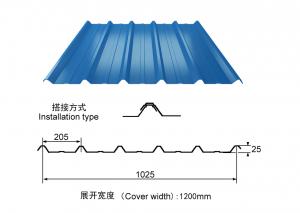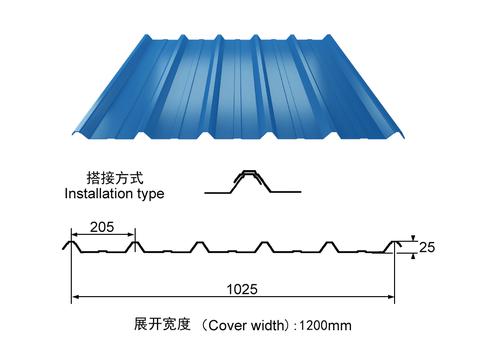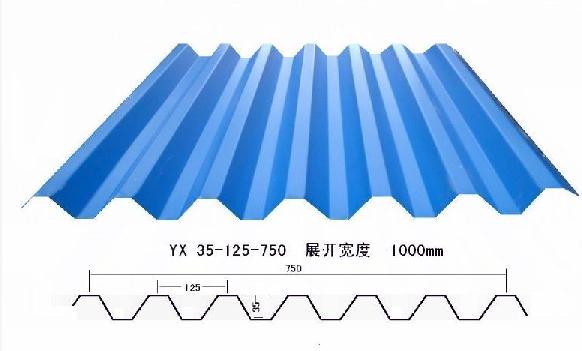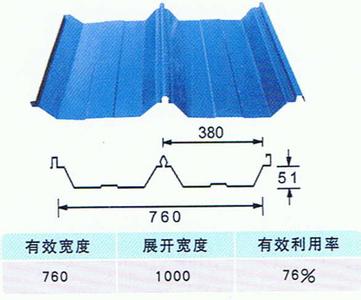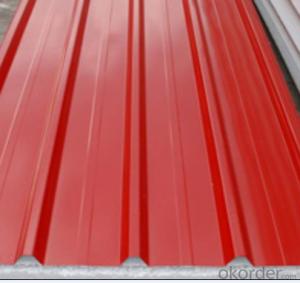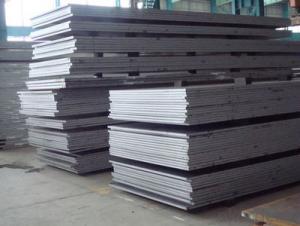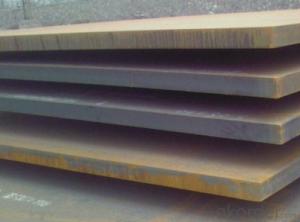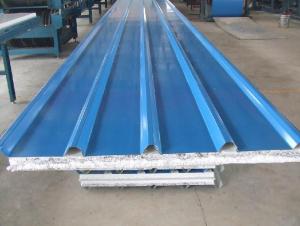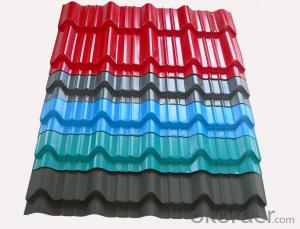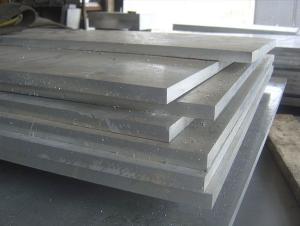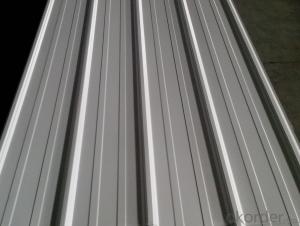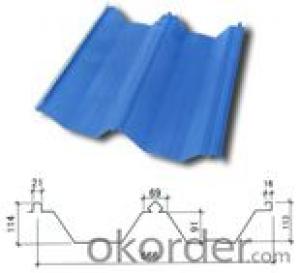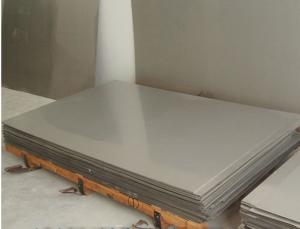CORRIGATED SHEET
- Loading Port:
- Tianjin
- Payment Terms:
- TT OR LC
- Min Order Qty:
- -
- Supply Capability:
- 1000 m.t./month
OKorder Service Pledge
Quality Product, Order Online Tracking, Timely Delivery
OKorder Financial Service
Credit Rating, Credit Services, Credit Purchasing
You Might Also Like
Product Name:corrugated steel roofing sheet
Effective Width:650mm to 1250mm
Thickness:0.13mm-0.8mm
Material PPGI/PPGL steel coil
Coating:Z30-Z275,AZ30-AZ180
Color:white,blue or any RAL colors
length:1m-11.8m according to the container
top color coating:12um-25um
Back color coating:7um-10um
HRB:50-95
Base plate:PRE-PAINTED ALUZINC STEEL COIL,PRE-PAINTED GALVANIZED STEEL COIL
- Q: How do steel sheets perform in electrical conductivity?
- Steel sheets do not perform well in terms of electrical conductivity. They have relatively low electrical conductivity compared to other metals such as copper or aluminum.
- Q: What is the typical hardness range for steel sheets?
- The typical hardness range for steel sheets can vary depending on the specific type of steel and its intended application. However, a common hardness range for steel sheets is between 20 and 60 on the Rockwell C scale.
- Q: Can steel sheets be used for HVAC applications?
- Yes, steel sheets can be used for HVAC (Heating, Ventilation, and Air Conditioning) applications. Steel sheets are commonly used in the construction of HVAC ductwork due to their strength, durability, and fire resistance properties. They can be easily fabricated into various shapes and sizes to meet the specific requirements of HVAC systems. Additionally, steel sheets are resistant to corrosion, which is important in HVAC applications where moisture and condensation can occur. Overall, steel sheets are a suitable material choice for HVAC applications due to their mechanical properties and ability to withstand the rigors of heating, ventilation, and air conditioning systems.
- Q: Can steel sheets be used for agricultural fencing or enclosures?
- Indeed, agricultural fencing or enclosures can utilize steel sheets. These sheets possess remarkable durability and exceptional strength, rendering them appropriate for safeguarding livestock and shielding crops. Moreover, they can be shaped into panels or rolls, facilitating effortless installation and customization to accommodate diverse fencing or enclosure requirements. Furthermore, steel sheets exhibit resistance to weathering, corrosion, and pests, guaranteeing enduring performance in agricultural settings. Ultimately, steel sheets emerge as a dependable and efficient option for agricultural fencing or enclosures.
- Q: What is the recommended storage method for the steel sheets?
- The recommended storage method for steel sheets is to keep them in a dry and well-ventilated area, preferably indoors, to prevent moisture and rust formation. It is also important to store them flat and adequately supported to avoid bending or warping.
- Q: Can steel sheets be used for insulation in buildings?
- Steel sheets are not suitable for insulation in buildings because they have high thermal conductivity. This characteristic permits the easy transfer of heat and cold. Conversely, insulation materials like fiberglass, mineral wool, foam board, or cellulose are specifically designed to hinder the transfer of heat, cold, or sound. These materials are commonly employed in buildings as they possess low thermal conductivity and efficiently minimize heat loss or gain.
- Q: How are steel sheets priced?
- Steel sheets are typically priced based on factors such as the type and grade of steel used, the size and thickness of the sheet, market demand and supply, and any additional processing or finishing required.
- Q: Can steel sheets be powder coated?
- Yes, steel sheets can be powder coated.
- Q: What are the different standards and certifications for steel sheets?
- There are several different standards and certifications for steel sheets, including the American Society for Testing and Materials (ASTM) standards, the International Organization for Standardization (ISO) certifications, and the European Committee for Standardization (EN) standards. These standards and certifications ensure that steel sheets meet specific requirements for quality, strength, durability, and safety. They help to standardize the production and use of steel sheets across different industries and regions, providing assurance to consumers and businesses alike.
- Q: Are steel sheets suitable for magnetic shielding applications?
- Indeed, magnetic shielding applications find steel sheets to be fitting. Being a magnetic material, steel possesses the capability to redirect magnetic fields effectively, thereby diminishing their intensity or averting their access to specific regions. Employing steel sheets as a barricade ensures the protection of delicate electronic equipment and devices against external magnetic interference. The thickness and composition of the steel sheet can be modified accordingly to attain the desired degree of magnetic shielding. Furthermore, steel sheets are frequently deemed economical and easily accessible, rendering them a pragmatic selection for magnetic shielding applications.
Send your message to us
CORRIGATED SHEET
- Loading Port:
- Tianjin
- Payment Terms:
- TT OR LC
- Min Order Qty:
- -
- Supply Capability:
- 1000 m.t./month
OKorder Service Pledge
Quality Product, Order Online Tracking, Timely Delivery
OKorder Financial Service
Credit Rating, Credit Services, Credit Purchasing
Similar products
Hot products
Hot Searches
Related keywords
